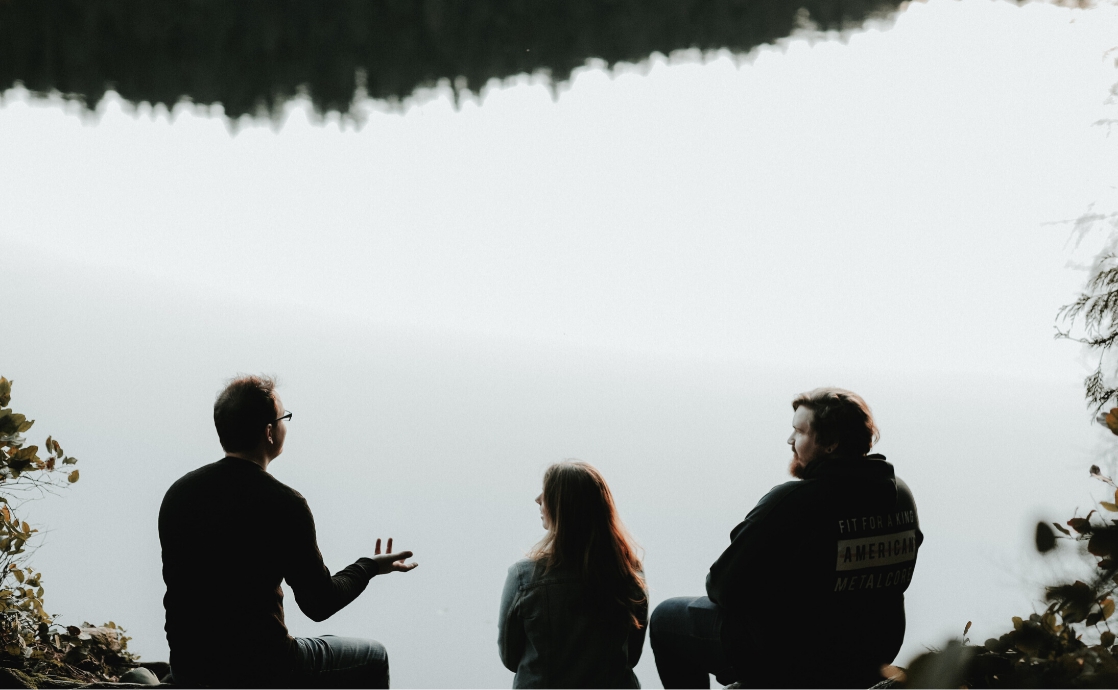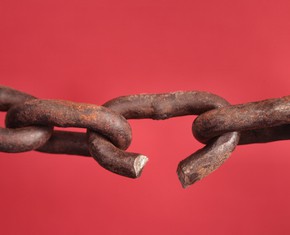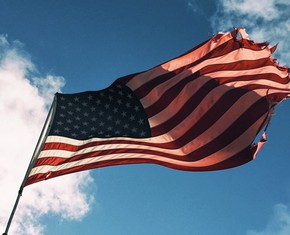The views expressed in our content reflect individual perspectives and do not represent the authoritative views of the Baha'i Faith.
Some years back I was hired to ghostwrite a science fiction novel for a client who, when he found out I was a Baha’i, took exception to Baha’u’llah’s teachings on the oneness of humankind, like this one:
The Prophets of God should be regarded as physicians whose task is to foster the well-being of the world and its peoples, that, through the spirit of oneness, they may heal the sickness of a divided humanity.
My client peppered me with questions and hypothetical scenarios.
RELATED: How the Baha’i Faith Affirms and Empowers Black People
Like me, Misha [not his real name] was of Slavic and Ashkenazi Jewish descent, something of which he was quite proud and to which he attached his sense of personal identity. Misha, I should note, had lived his formative years in the Soviet Union. He was a product of an educational system far different from the rest of Europe. In American culture he was a fledgling, so his awareness of the history of race in the US was limited.
At times, his questions took the form of attempts to unhorse me or catch me in hypocrisy, as when he suggested that, though I preached racial unity, I would be less than happy if my son married a woman of color. He walked right into that one because my son’s delightful girlfriend at the time (now my beloved daughter-in-law) came from Nicaragua. This taunt came from a very personal place for Misha, who was angry that his own son had married a Black Muslim woman.
Once we got past the initial sparring, Misha became earnestly interested in what the Baha’i Faith teaches, and even willing to admit that some of his ideas – such as dividing people into communities based on race, religion, or common interests – were unworkable.
Though we parted company as colleagues over a polemic piece he wanted me to edit, we parted amicably, and still think of each other as true friends. I’m grateful for his questions and even his cynical attacks, because they prompted me to articulate my own beliefs and the truths enshrined in both faith and science – and they gave me practice keeping my cool in the face of mockery.
What follows is a record of our Q&A in several parts, sparked by Misha’s questions, which I render as he wrote them.
Q: What would you say to people who fear the idea of human oneness because they don’t want unique racial distinctions to be bred out? For example, the ability of Jewish people to be superior in commerce, Blacks in music, Italians in singing, and so on.
A: These are cultural and individual differences, not genetic. Jews became pillars of the business world for religious, not genetic reasons. Back in the middle ages, for example, they took on the practice of lending money, because religious doctrine kept Christians from doing it. Hence, banking fell to Jews and others who had no such restrictions.
Wherever these ideas about ethnic “abilities” come from, they’re not supported by science. I’m told I have a great voice, but I’ve not one drop of Italian blood and I’m terrible at business, even though I’m of Ashkenazi descent.
A lecture on molecular biology and genetics at our local Baha’i Center, given by a professor at Stanford University, bears on this. These points from his lecture are from ongoing work related to the Human Genome Project:
Genetically, there is no such thing as “race.” Race is a social construct. Visual racial differences are caused by environmental factors, chiefly, the amount of ultraviolet radiation where a particular population evolved. There are no such things as genetically separate racial groups.
Human beings are the least genetically diverse of all multiple-celled creatures on the planet. We are 99.9% genetically identical – more alike than any other population. This is true no matter what color our skin or what part of the planet we come from. The most diverse people genetically, live in Africa. The further one gets from Africa, the less diverse we are.
Modern man arose in Africa millions of years ago and spread from there. The mitochondrial DNA (matrilineal genetic material) of ALL human beings is traceable to an African female who lived only 155,000 years ago. She was discovered in 1974 and called Lucy or Mitochondrial Eve.
A study in Brazil, where there is a diverse array of ethnic groups, showed that people who looked “white” were genetically closer to our original African forebears than others who were black-skinned. In fact, the color of the skin does not indicate how close to Africa a person’s genes make them. Which means that you and I both could be more “African” than a neighbor whose skin was black as night.
The genetic material that determines the color of our skin is so tiny as to be practically insignificant.
RELATED: What Is My Identity If Race Isn’t the Deciding Factor?
White skin is a recent mutation. Dark skin was the norm among our African ancestors. So, you and I are “mutants”, but only because our ancestors evolved in Northern climes where there was not so much ultraviolet radiation.
So, science now confirms what the Baha’i writings have said all along:
Concerning the prejudice of race: it is an illusion, a superstition pure and simple! For God created us all of one race. There were no differences in the beginning, for we are all descendants of Adam. … In the sight of God there is no difference between the various races. Why should man invent such a prejudice?
Humanity, as Baha’u’llah said, is one. He asks us to live in the light of this reality. This is why the Baha’i teachings note, as Abdu’l-Baha said in Paris, that:
All prejudices, whether of religion, race, politics or nation, must be renounced, for these prejudices have caused the world’s sickness. It is a grave malady which, unless arrested, is capable of causing the destruction of the whole human race. Every ruinous war, with its terrible bloodshed and misery, has been caused by one or other of these prejudices. The deplorable wars going on in these days are caused by the fanatical religious hatred of one people for another, or the prejudices of race or colour.
The Baha’i Faith asks everyone to close our eyes to racial differences and view all in the light of unity. If people don’t believe the prophets and divine messengers when they tell us we are one, perhaps they will accept it now that scientists are telling them the same thing.
















Comments
Sign in or create an account
Continue with Googleor